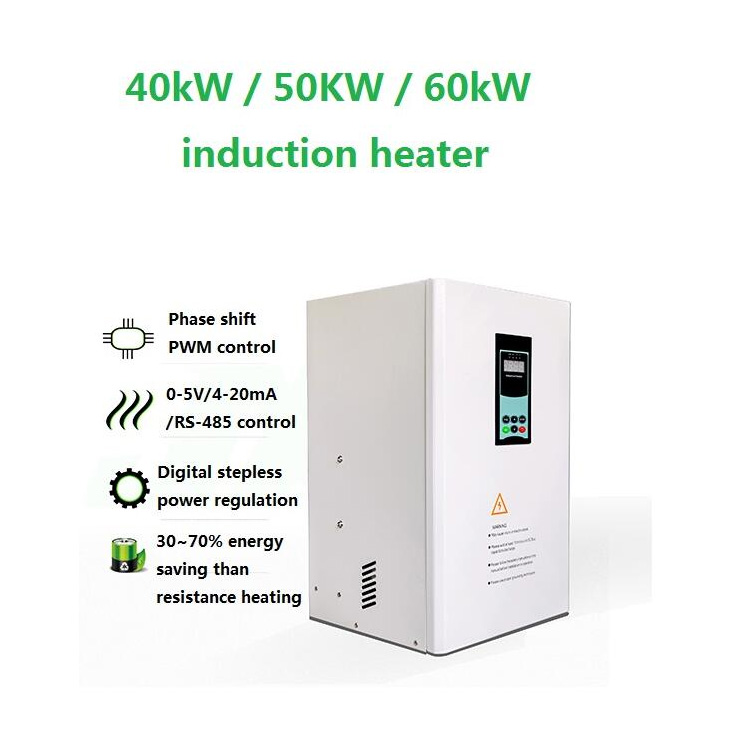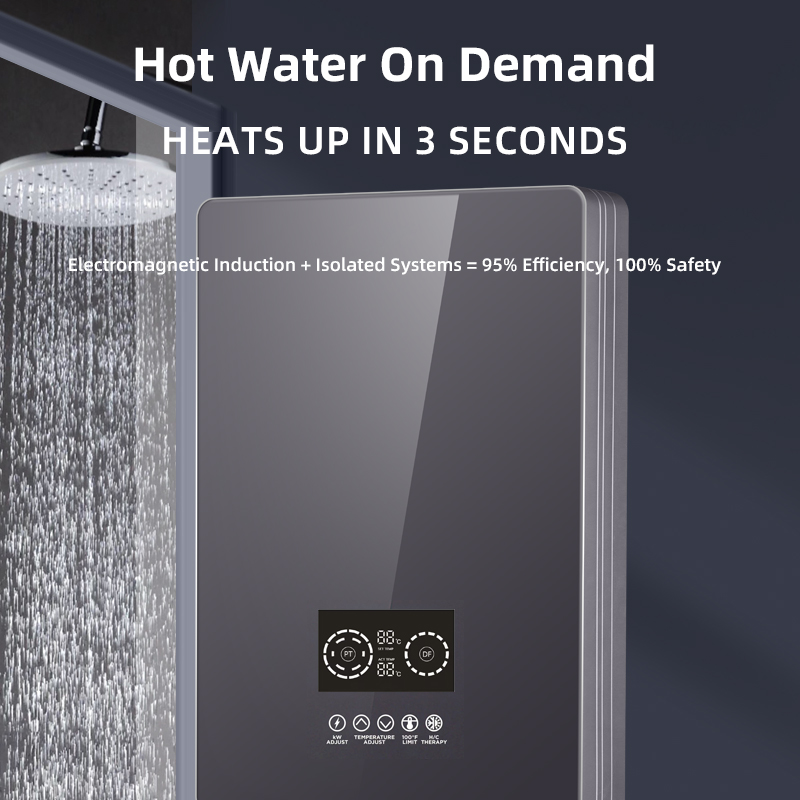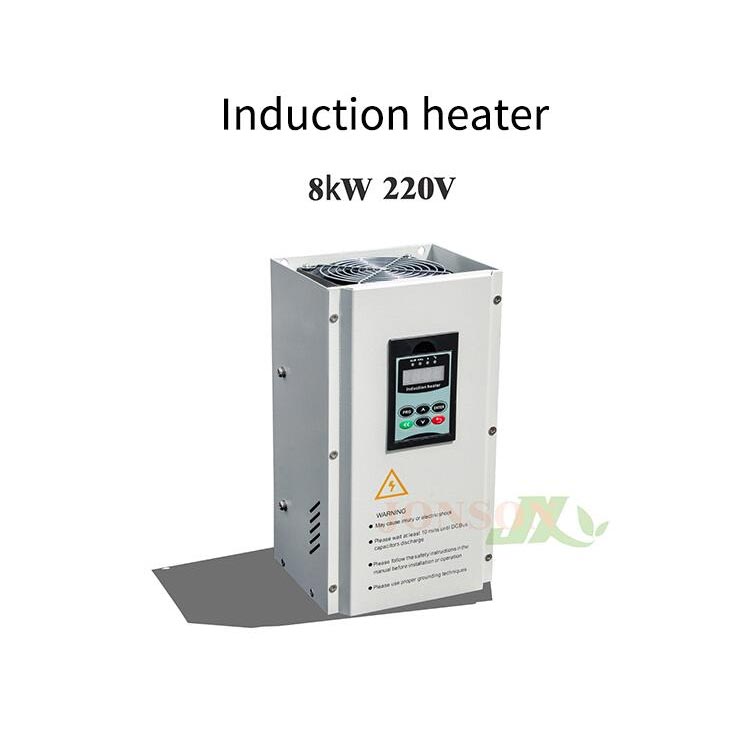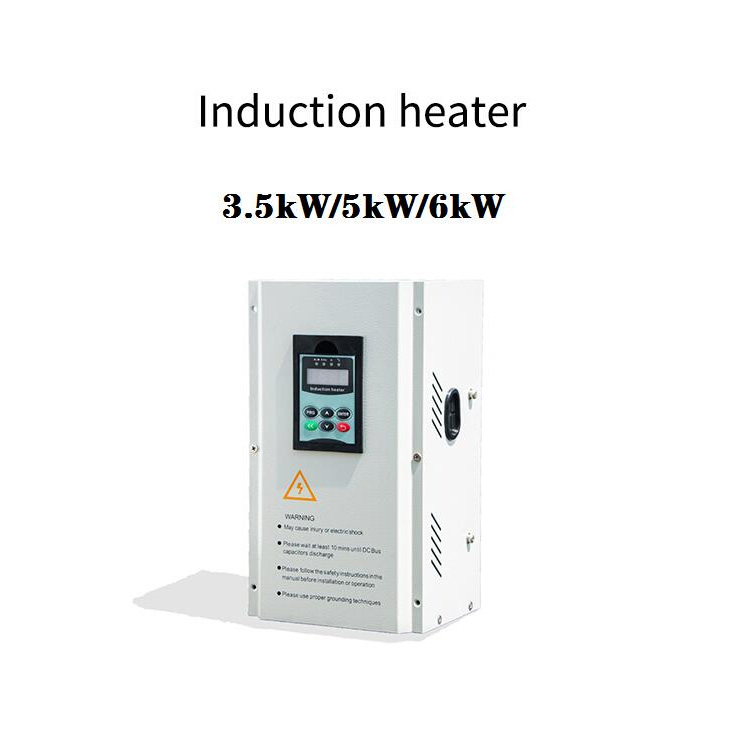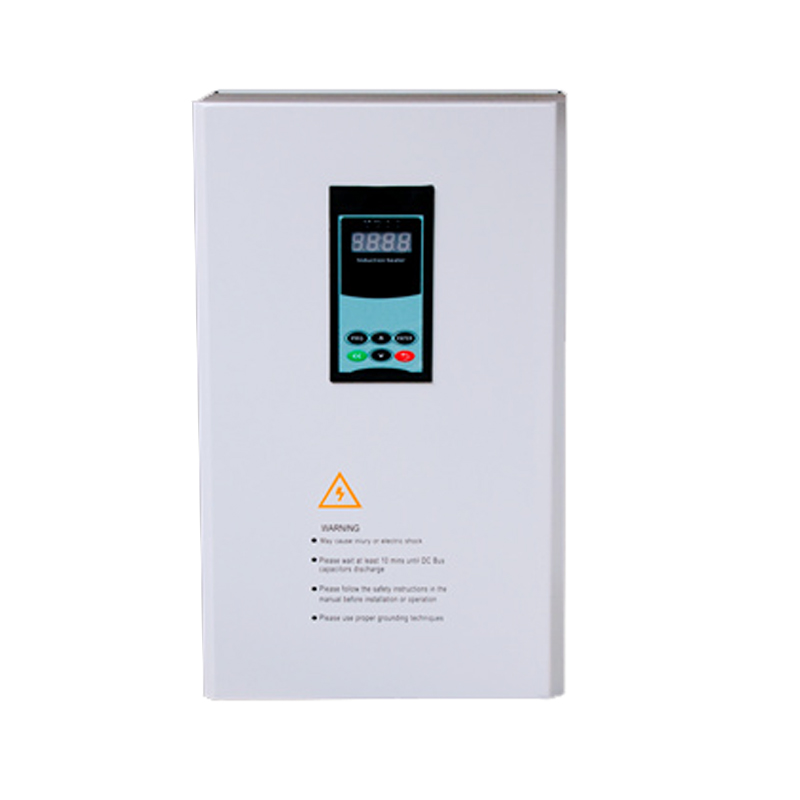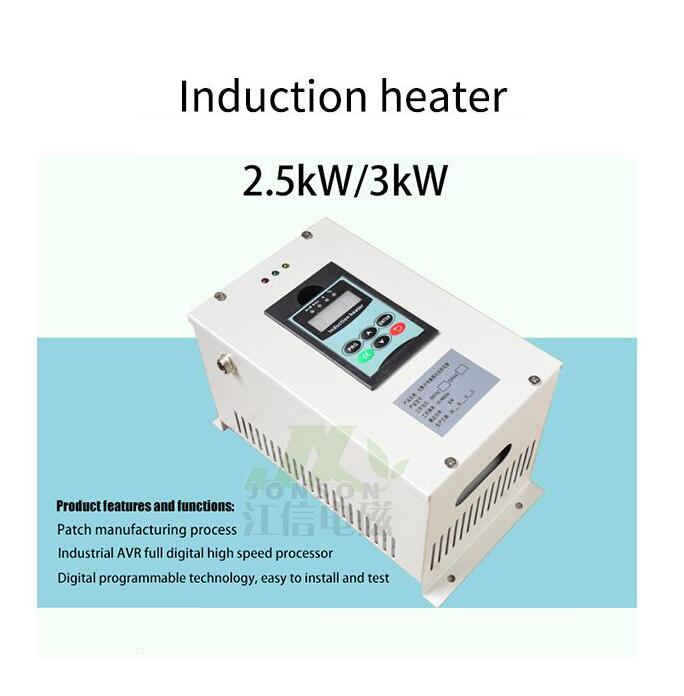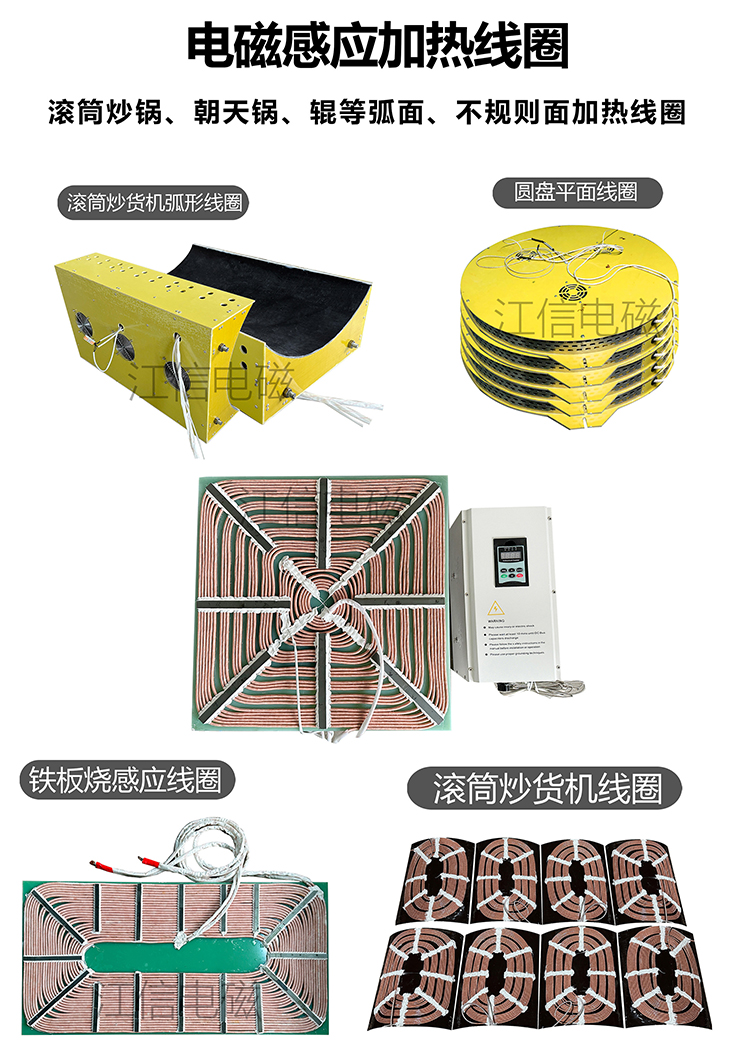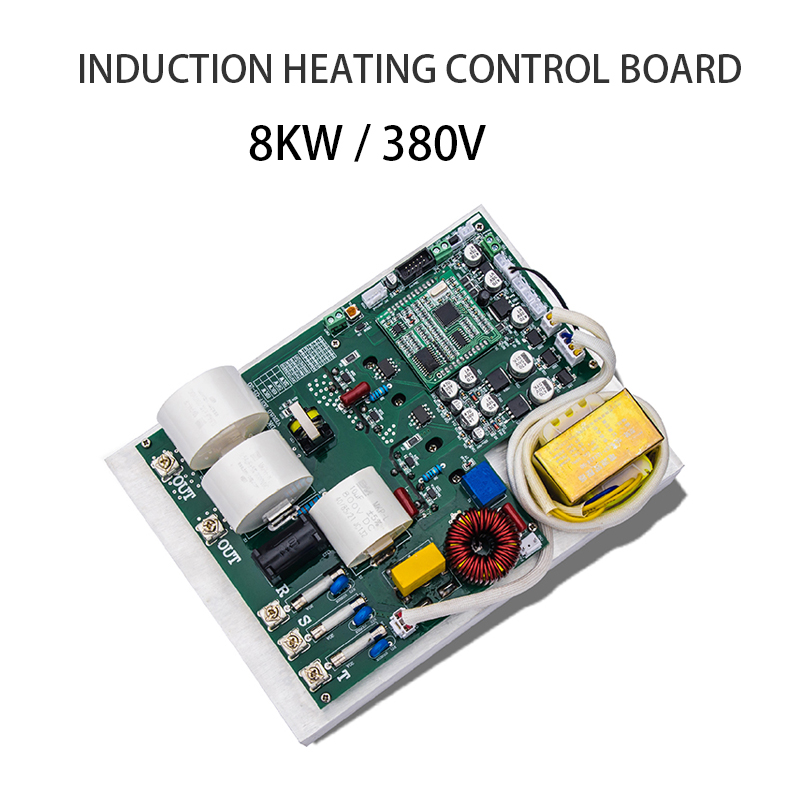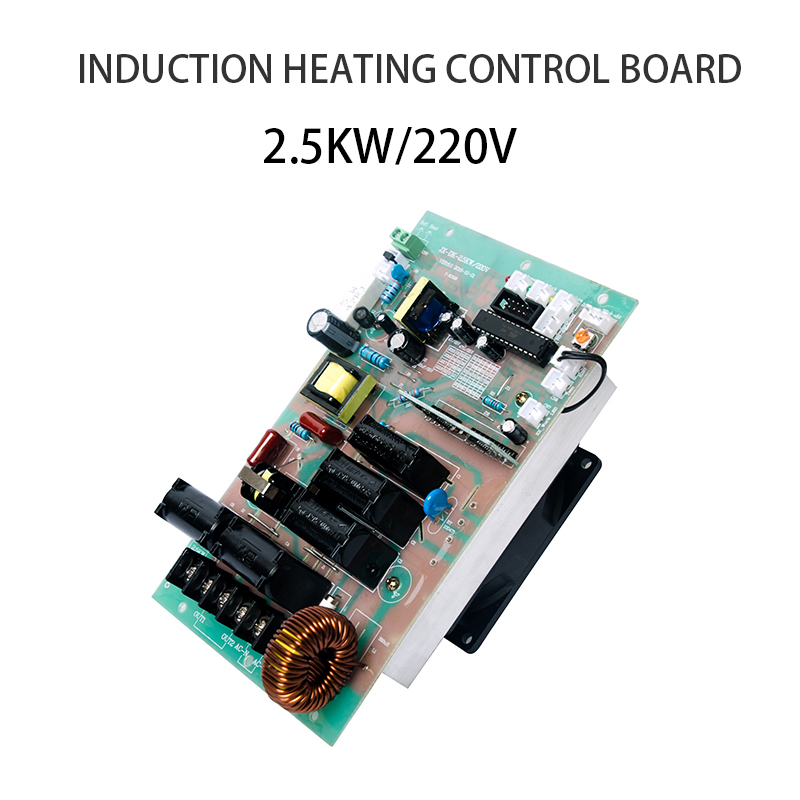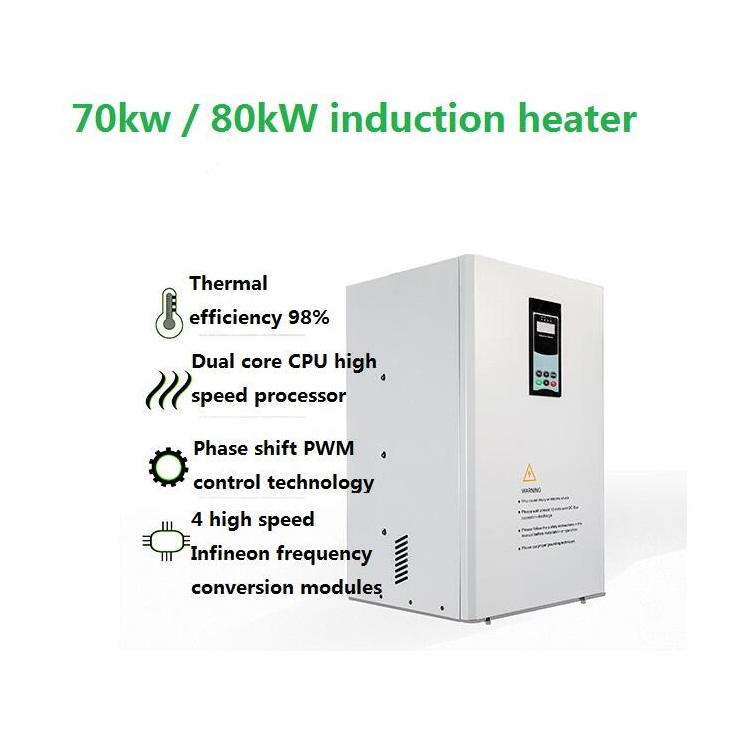Induction heating technology has gained significant popularity in various industrial applications, such as metal hardening, brazing, welding, and melting, primarily due to its efficiency, precision, and flexibility. One of the core components enabling these advantages is the induction heating power supply, which is responsible for generating the high-frequency current that powers the induction coil. These power supplies are designed to optimize the heating process by controlling factors like frequency, power output, and current waveform.
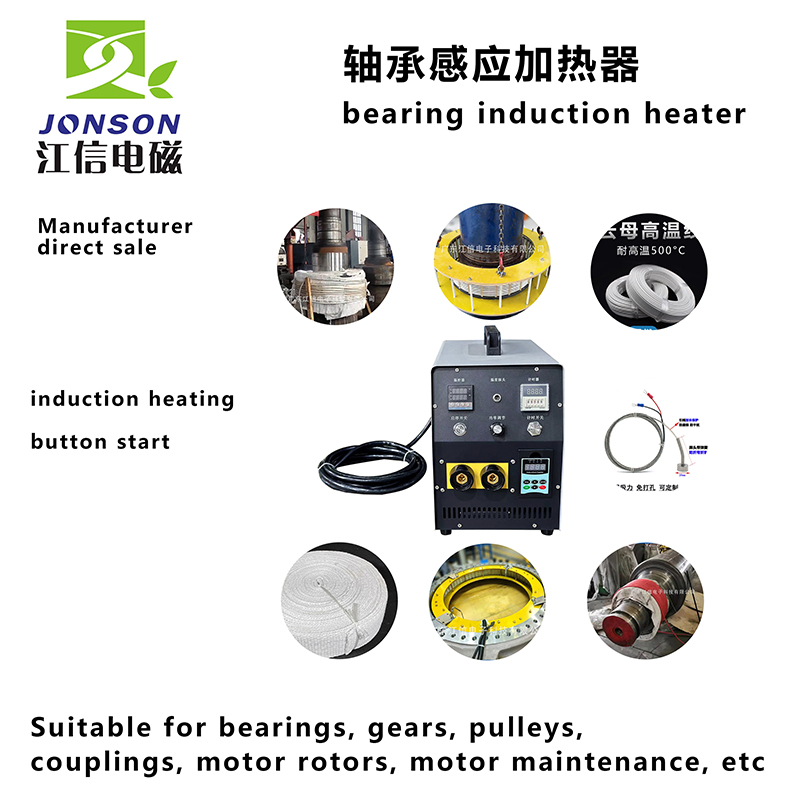
1. High Efficiency
Induction heating power supplies are known for their high energy efficiency compared to traditional heating methods such as resistance or flame heating. This high efficiency is primarily due to the direct conversion of electrical energy into heat within the workpiece itself, without any intermediary heat transfer mechanisms. Unlike traditional methods, where a significant amount of heat is lost to the environment or surrounding materials, induction heating generates heat only in the target material, resulting in minimal energy waste.
Moreover, modern induction heating power supplies often use advanced technologies like Inverter Technology to convert AC power into high-frequency current with minimal losses. This not only improves the efficiency but also reduces the overall energy consumption and operating costs.
2. Precise Temperature Control
One of the significant advantages of induction heating is the ability to control and monitor the temperature with high precision. Induction heating power supplies are equipped with sophisticated control systems that regulate parameters such as current, voltage, frequency, and waveform shape, enabling the heating process to be precisely controlled. This precise control allows for:
1).Localized Heating: Induction heating can focus heat only on specific areas of the workpiece, minimizing thermal expansion and avoiding the overheating of surrounding regions.
2).Repeatable and Consistent Results: The accuracy of power supply systems ensures that the temperature is consistent from one cycle to the next, making it ideal for high-volume production where uniformity is crucial.
3).Automatic Feedback Control: Many modern systems incorporate closed-loop temperature control, where temperature sensors continuously monitor the workpiece's temperature and adjust the power supply accordingly.
This capability is critical in industries where specific temperature profiles need to be maintained, such as in hardening processes, soldering, or precise metal forming.
3. Flexibility and Adaptability
Induction heating power supplies offer a high degree of flexibility in terms of heating frequency, power output, and application scope. The frequency of the power supply can be adjusted to suit different materials and heating depths. For instance:
1).High-frequency currents: are used for surface heating, such as in surface hardening or brazing.
2).Lower-frequency currents :are better suited for heating larger sections of material or for deeper penetration heating, like in heavy-duty forging or melting processes.
This adaptability means that a single power supply can be used for multiple applications, reducing the need for multiple specialized systems and improving cost-effectiveness.
4. High-Speed Heating
Induction heating is capable of achieving rapid temperature rises, making it ideal for processes requiring fast cycle times. Since the heat is generated directly within the material itself, induction heating can heat objects much faster than conventional methods, which rely on external heat sources. This characteristic is especially advantageous in industries where speed is crucial, such as in the automotive or electronics sectors, where quick turnaround times can significantly impact productivity.
Moreover, the rapid heating capability reduces the need for pre-heating times and lowers the total process time, which can enhance overall throughput in industrial settings.
5. Clean and Environmentally Friendly
Unlike traditional heating methods that may rely on combustion or high-temperature furnaces, induction heating is a clean and environmentally friendly process. There are no emissions of gases or pollutants, and the system does not require the use of harmful substances such as oils or gases. Furthermore, since induction heating is more energy-efficient, it helps reduce the carbon footprint of the manufacturing process. The elimination of open flames and the reduction in heat loss contribute to a safer and more sustainable operation.
6. Compact Design and Integration
Induction heating power supplies, particularly those based on solid-state technologies and inverter designs, are typically more compact and versatile than traditional heating equipment. Solid-state inverters allow for miniaturization of the system, making them easier to integrate into automated production lines or into existing manufacturing setups. The small size also allows for easier installation and maintenance.
Additionally, these power supplies can be equipped with user-friendly interfaces and digital controls, which can simplify setup and operation. The compact and modular design also enables easy scalability, allowing companies to adjust their heating capabilities based on specific production requirements.
7. Reduced Wear and Maintenance
The solid-state nature of modern induction heating power supplies reduces the mechanical wear and tear typically seen in conventional heating systems that rely on moving parts, combustion chambers, or high-temperature heating elements. As a result, induction heating power supplies tend to have a longer operational lifespan and require less maintenance, translating to lower downtime and reduced maintenance costs.
Moreover, the lack of high-temperature components like burners or resistive heating elements minimizes the risk of breakdowns, further improving reliability.
8. Safety
Induction heating power supplies are generally safer than traditional methods. Because the heating occurs within the material, there is no exposed flame or hot surface that could pose a safety hazard. The systems are typically equipped with built-in safety features such as over-temperature protection, over-voltage protection, and fault detection, which ensures that the equipment operates within safe parameters. This is particularly beneficial in industrial environments where safety is a top priority.
Induction heating power supplies offer numerous technical advantages, including high efficiency, precise temperature control, flexibility, and rapid heating capabilities. These advantages make induction heating an increasingly popular choice for industries requiring fast, consistent, and energy-efficient heating solutions. The combination of clean operation, compact design, and low maintenance further enhances the appeal of induction heating power supplies, positioning them as an essential technology in modern industrial applications.

